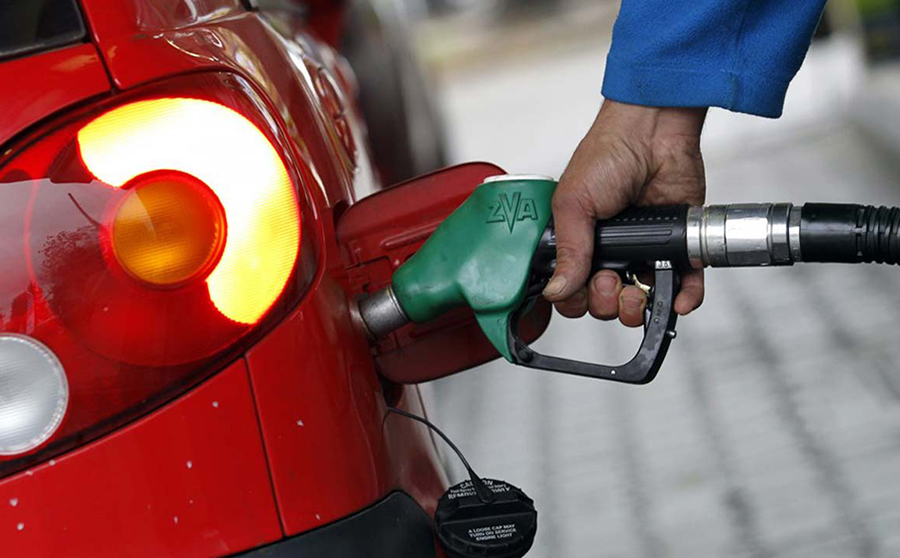Local media reports citing a recent report by the Nigerian National Petroleum Corporation (NNPC) say that the Federal Government paid N752bn as petrol subsidy in 2019. The report also indicated that 21.8bn litres of petrol were imported into the country through its Direct Sales Direct Purchase (DSDP) swap programme between January 2019 and January 2020.
There were news reports early last month stating that Group Managing Director of the Nigerian National Petroleum Corporation (NNPC), Malam Mele Kyari, revealed that the Federal Government would no longer be paying for under-recovery or subsidy on petrol, especially due to the current development in the global oil sector. According to him, NNPC will play in the marketplace as one other marketer in the space, but will ensure the security of supply at market price.
(READ MORE: Seplat Petroleum records loss of $105.8 million in Q1 2020)
The removal of the subsidy on petrol is a critical free-market reform in our view, and we believe it is beneficial to the economy and Government finances, though it will almost certainly put pressure on consumers and small businesses, in the form of higher prices of goods and increased cost of operation. Asides the impact on Government revenues, the removal of the subsidy also removes disincentives to refine petroleum product, and may improve the balance of payments through import substitution.
There have been attempts in the past to remove the fuel subsidy, but these have not been without resistance from the populace. On May 11, 2016, petrol pump prices were hiked by around 68% from N87/litre to N145/litre and many asssumed that this signalled a full deregulation. This wasn’t the case, however, as the subsidy regime was still in place.
READ ALSO: NLNG to embark on $6 billion capacity development project
The exchange rate factored into the landed cost of fuel was between N280 and N285/US$1. A steep devaluation in the currency and an increase in crude prices in the international market implied an increase in the landing cost, which necessitated the continuation of the subsidy regime, though now booked as underrecovery losses in the books of NNPC.
A sharp decline in global crude prices, triggered by the global pandemic, has completely wiped out the subsidy via significantly lower landing costs, paving the way for a reduction in the pump price of petrol in mid-March. However, it is still impossible to tell if this means an end to the subsidy regime, as a return in the fortunes of the crude oil market would mean an increase in petrol prices, which would be met with stiff resistance by consumers.
READ MORE: NNPC seeks Russian firms’ partnership to revamp oil refineries
Going by the NNPC numbers, which reported that 21.8bn litres of petrol were imported into the country through its Direct Sales Direct Purchase (DSDP) swap programme between January 2019 and January 2020, the Dangote refinery, a 650,000bpd (25.8bn litres) integrated refinery and petrochemical project under construction, will more than meet local demand. The question in the minds of many however is, “will there be sufficient cost savings from manufacturing locally to make the product cheaper?”
